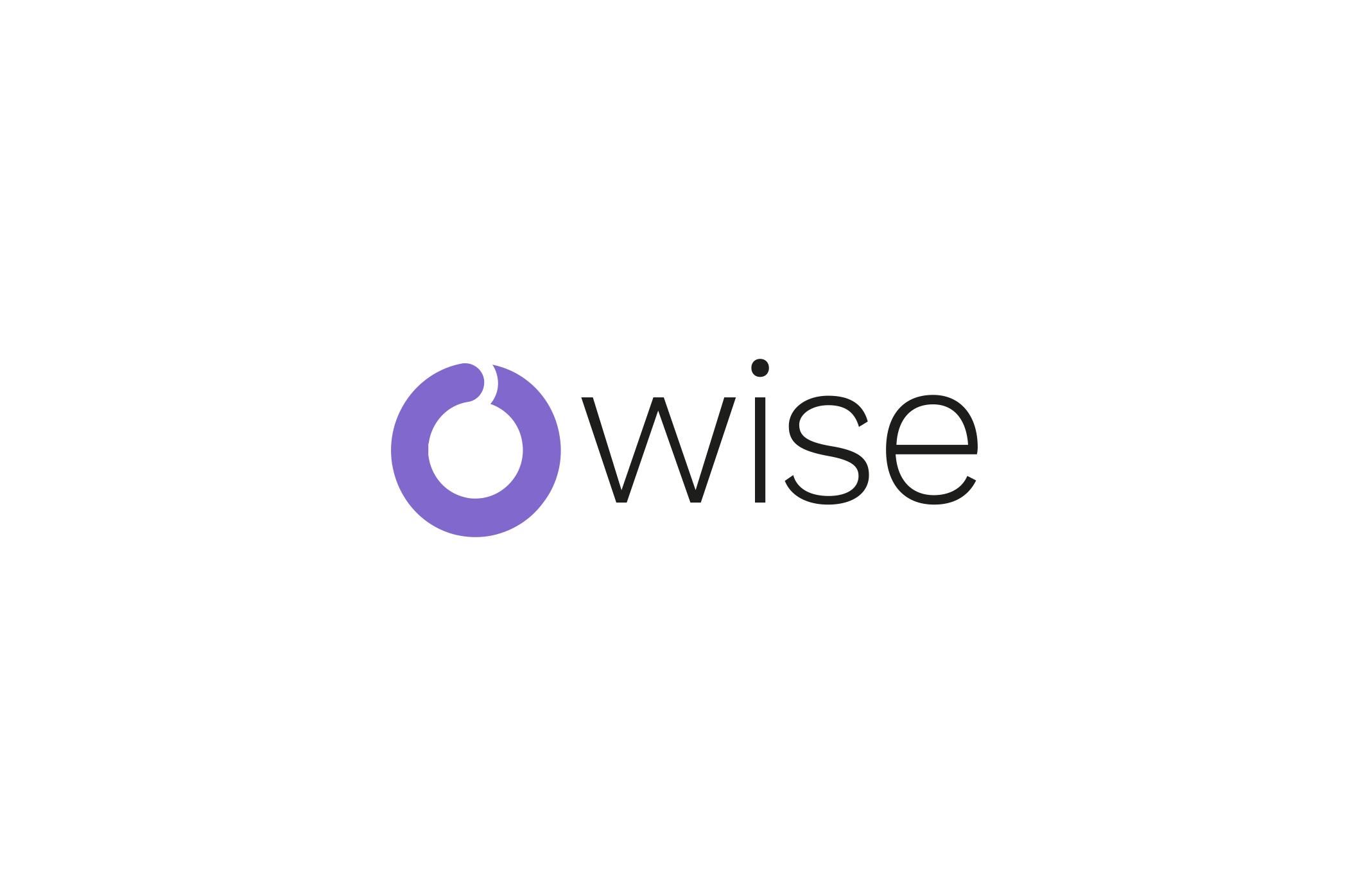Category: BlogsUse this category for blog posts that need to be added to the “Blog” overview
Use this category for blog posts that need to be added to the “Blog” overview

5 Facts You May Not Know About Breast Cancer
From its first record to the discovery of its common treatments, uncover more about breast cancer.
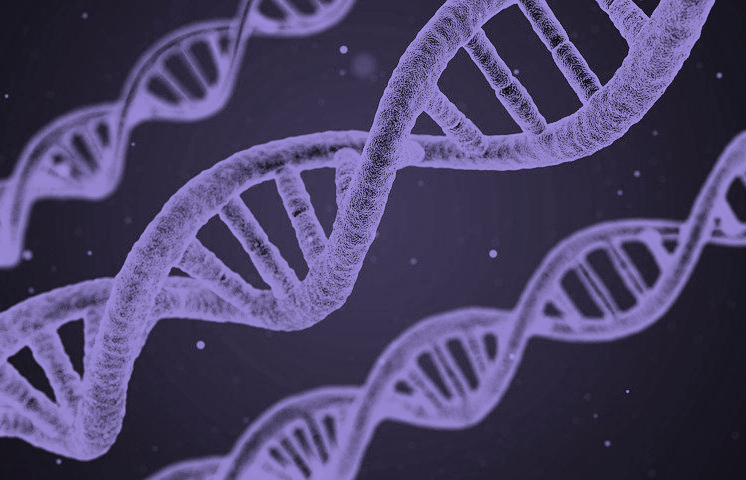
BRCA: the inherited risk of breast cancer
BRCA genes are the most well-known genetic factors influencing the risk of cancer. Explore exactly what they are, their associated risk of breast cancer, and treatments in development to target these genes.

Moving forward after active treatment
Coming to the end of your active treatment period for breast cancer? This blog explores how to manage the new changes during this time.

Coping with guilt through expressive writing
Guilt is a complex emotion: it can come in many different forms and can be experienced for a variety of different reasons in the context of breast cancer, as well as in other aspects of life.

Cancer Related Fatigue – it’s not “just tiredness”
Cancer-related fatigue is a common and weakening side effects of cancer. People with cancer know what being tired normally feels like; this feeling of fatigue is different.
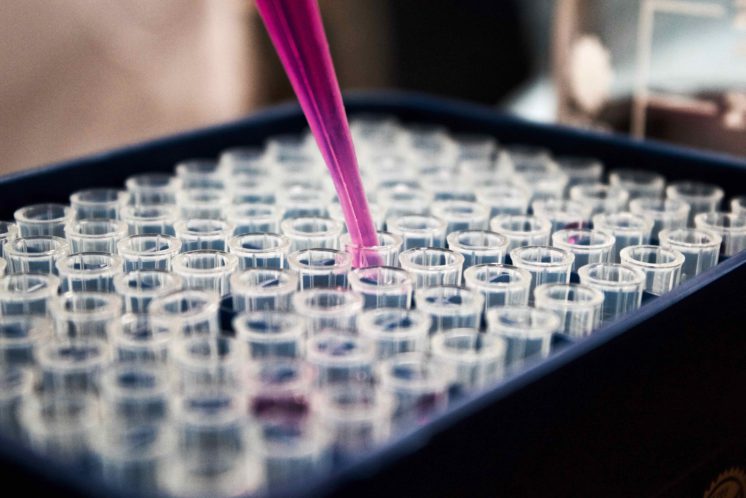
HER2 and Herceptin®: A Look at the History
The discovery of the HER2 gene led to the development of Herceptin®: a targeted therapy that is widely used today for HER2+ breast cancer patients.
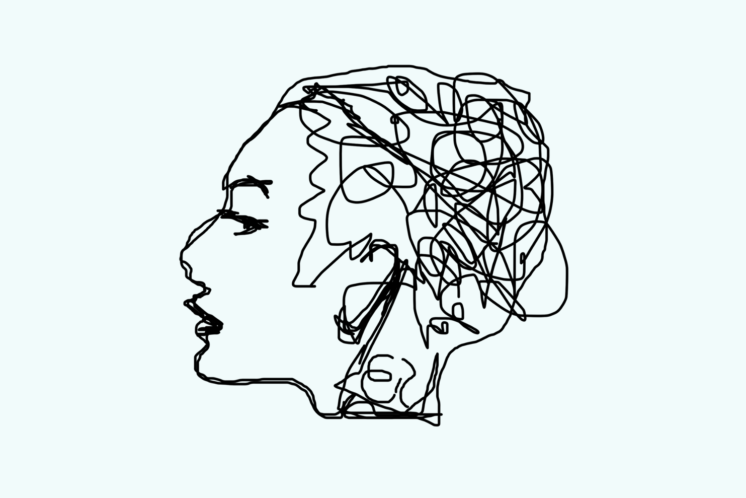
Chemobrain without having chemotherapy?
Cognitive decline (chemobrain) is usually only spoken about as being a side effect of chemotherapy, yet studies have shown that other treatments can cause chemobrain.
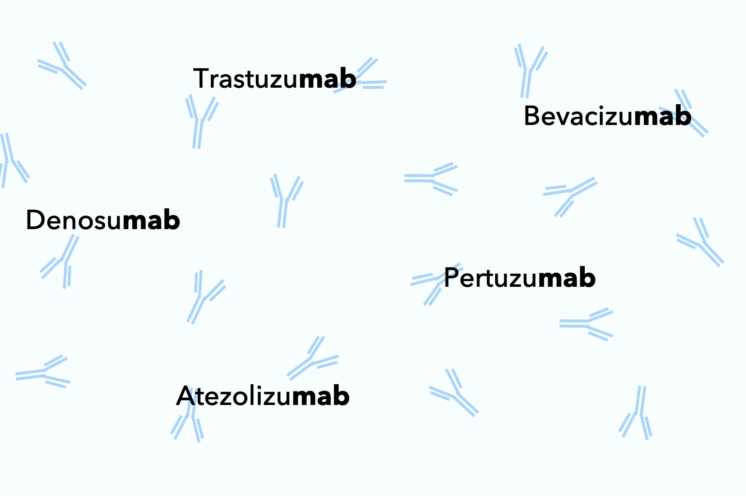
What are monoclonal antibodies?
There is a lot of terminology that comes with a breast cancer diagnosis. Explore how monoclonal antibodies such as Herceptin® work and how to recognise them!
